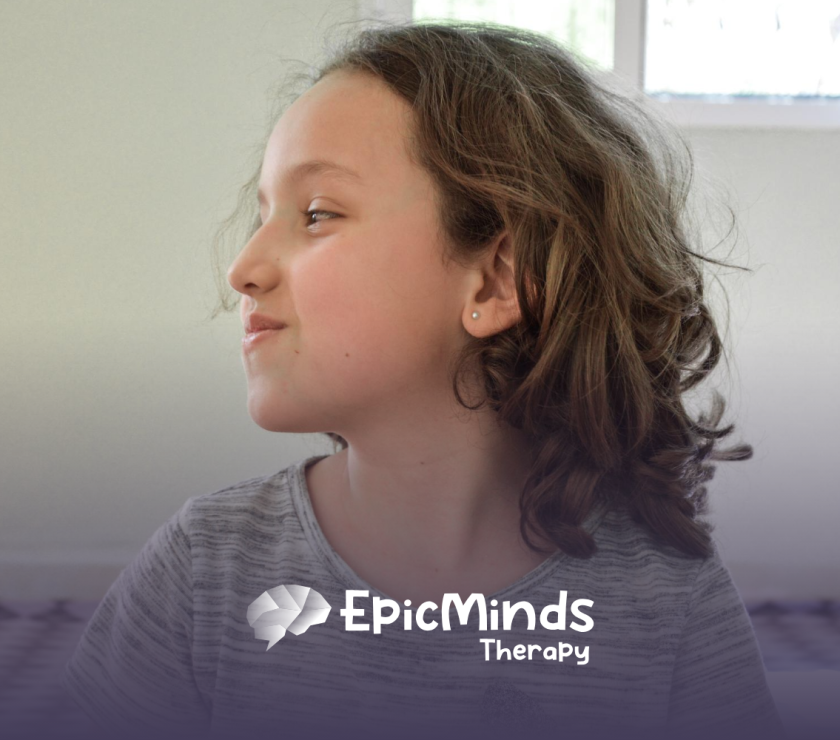The idea that autistic people have a “sixth sense” is common—but it’s not about supernatural abilities. Many autistic individuals experience heightened sensory perception, meaning they notice details that others might miss. This can include sensitivity to sound, light, touch, or even emotional changes in people around them.
Rather than being a mystical ability, this sensitivity stems from neurological differences in how the brain processes information. For example, a person might pick up on subtle background noises, faint smells, or emotional tension in a room long before others notice.
While this increased awareness can sometimes be a strength, it can also lead to sensory overload, causing discomfort, anxiety, or meltdowns. Understanding and managing these experiences is key to helping autistic individuals thrive.
Through ABA therapy and sensory support strategies, individuals can learn coping tools—like using noise-canceling headphones, following calm routines, or identifying triggers early.
At Epic Minds Therapy, we help individuals turn sensitivity into strength by teaching self-regulation, emotional awareness, and balance—so heightened perception becomes an asset, not a challenge.
Do autistic people really have a “sixth sense”?
Not in the supernatural sense. However, many autistic individuals have heightened awareness or sensitivity to sensory details that others might overlook.
2. Why do autistic people notice things others don’t?
Autistic brains often process sensory input differently, making them more attentive to patterns, sounds, textures, or emotions in their environment.
3. Is sensory sensitivity the same as having a sixth sense?
No. It’s not mystical—it’s neurological. Sensory differences in autism are linked to how the brain interprets information, not intuition or psychic ability.
4. Can sensory sensitivity be overwhelming?
Yes. Strong sensory input—like bright lights, loud noises, or certain textures—can lead to overstimulation or meltdowns.
5. How can therapy help manage sensory sensitivity?
ABA and occupational therapy teach coping strategies to handle sensory input and reduce distress in daily life.





